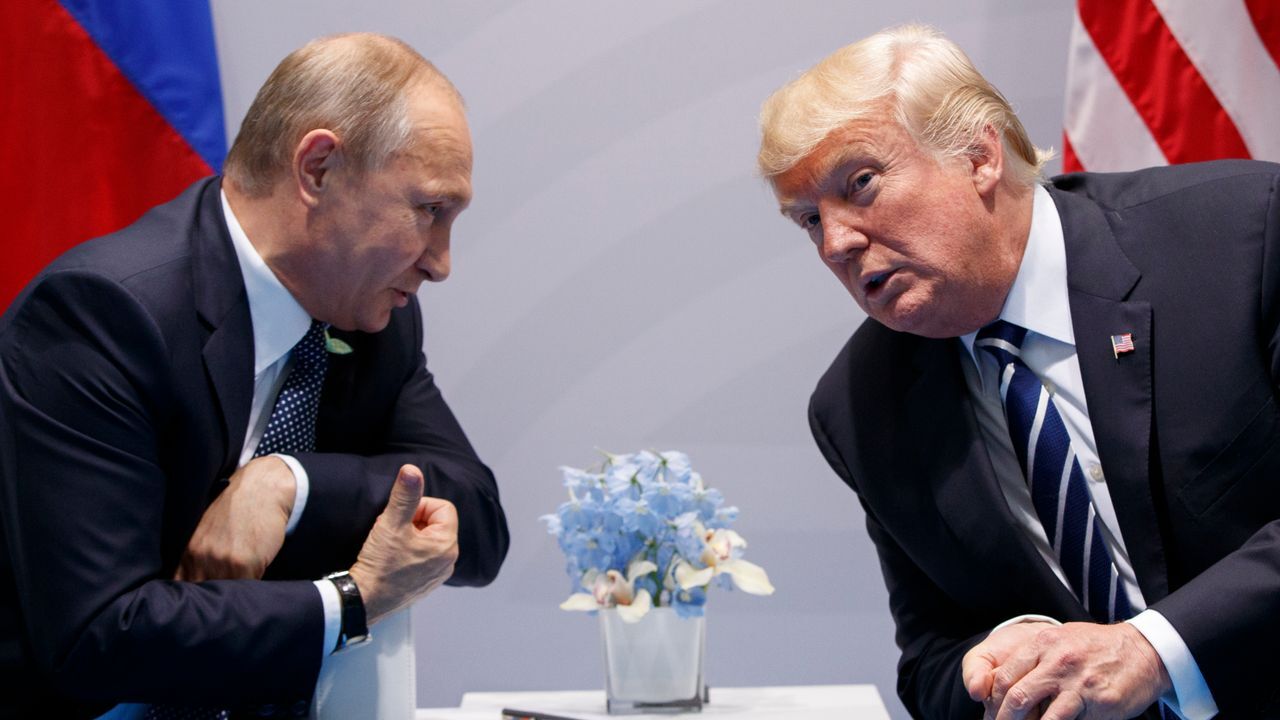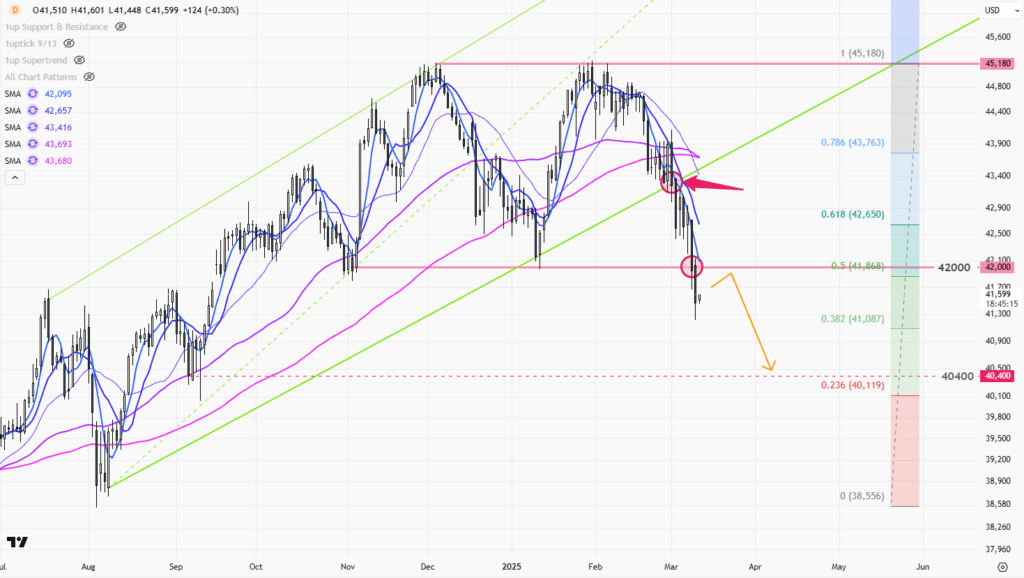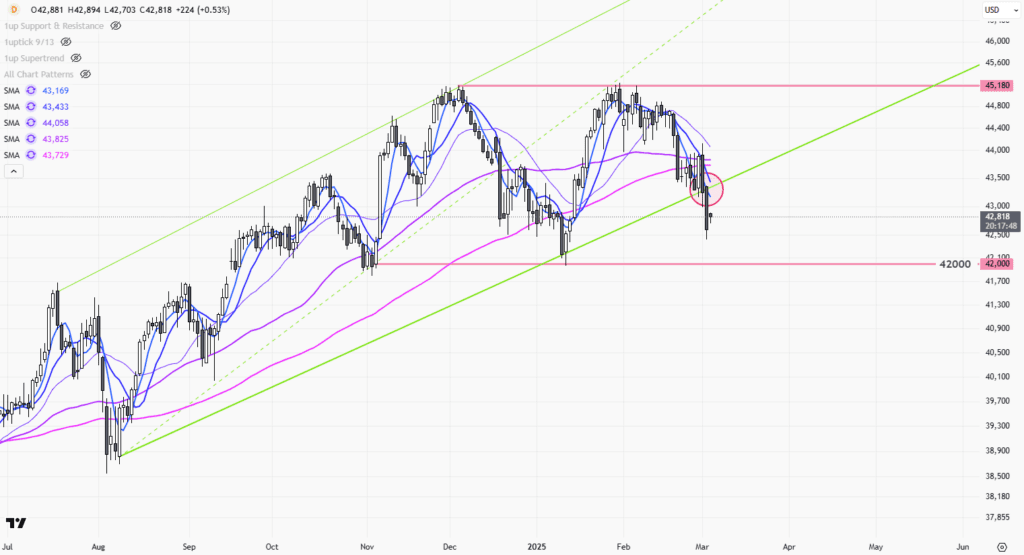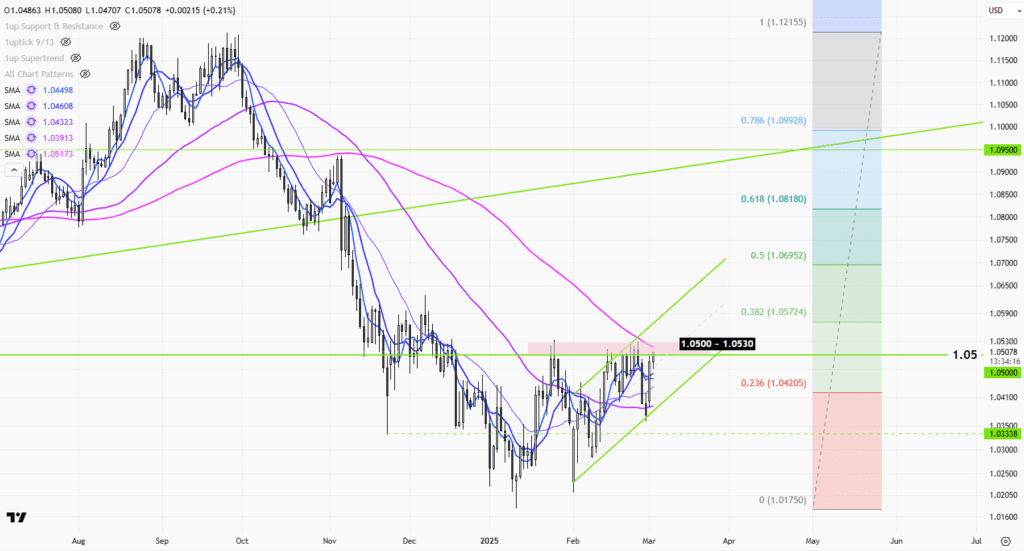 |
| Gold V.1.3.1 signal Telegram Channel (English) |

Trump’s Ukraine Shift: What It Means for Geopolitics and Security
2025-02-15 @ 22:30
Ukraine’s Deal with Trump Unravels: What It Means for Geopolitics
Trump-Putin Call and Its Implications
President Donald Trump’s recent phone conversation with Russian President Vladimir Putin has raised serious concerns for Ukraine. The call is widely seen as a major diplomatic win for Putin, signaling a shift in U.S. foreign policy that could bypass Ukraine’s interests.
Key takeaways:
- Trump appears open to re-engaging Putin in global diplomacy, despite Ukraine’s ongoing conflict with Russia.
- This shift could affect U.S. support for Ukraine’s sovereignty and influence future peace negotiations.
- Russia may gain leverage in shaping the terms of any future agreements.
Concerns from Ukraine and European Leaders
The reaction from Ukrainian officials and European leaders has been one of concern and frustration. They argue that:
- Trump’s approach undermines Ukraine’s position by seemingly conceding key issues without demanding anything in return from Russia.
- NATO membership and territorial integrity, crucial to Ukraine’s future, might now be off the table.
- A weak negotiation stance could lead to an unsustainable peace agreement, jeopardizing Ukraine’s long-term security.
These concerns highlight the broader implications of U.S. foreign policy shifts under a potential Trump administration.
U.S. Strategy: Tactical Shift or Unilateral Concessions?
U.S. Defense Secretary Pete Hegseth acknowledged that achieving Ukraine’s pre-war borders and NATO membership in the short term is unrealistic. However, critics argue that this stance gives away leverage too early:
- Some view this move as premature concessions to Russia without clear benefits for Ukraine.
- Others believe it is part of a strategic effort to force a ceasefire while securing long-term security guarantees for Ukraine—without deploying U.S. troops.
Security Guarantees and Military Support
Ukraine is actively seeking assurances from the U.S. and European allies to deter potential future aggression from Russia. The key aspects of this security strategy include:
- Robust military support: Ukraine wants continued access to Western weapons systems to defend its borders.
- European peacekeeping troops: Ukrainian President Volodymyr Zelenskyy has proposed the deployment of 100,000 European troops to stabilize the region, though analysts doubt the feasibility of such a move.
Ensuring a sustainable defense plan is critical as Ukraine navigates shifting international alliances.
Economic and Strategic Considerations
European leaders are being encouraged to secure deals with the Trump administration that could strengthen Ukraine’s military capacity. A strategic approach includes:
- Investing in military hardware: Europe could purchase discounted U.S. military equipment, such as Bradley Infantry Fighting Vehicles (IFVs), to enhance Ukraine’s defenses.
- Lower long-term defense costs: Proactively bolstering Ukraine’s military through equipment deals could potentially prevent larger financial burdens in future conflicts.
This approach could provide financial benefits while solidifying Europe’s role in regional security.







